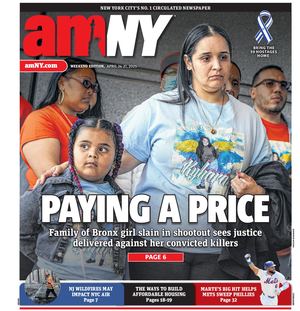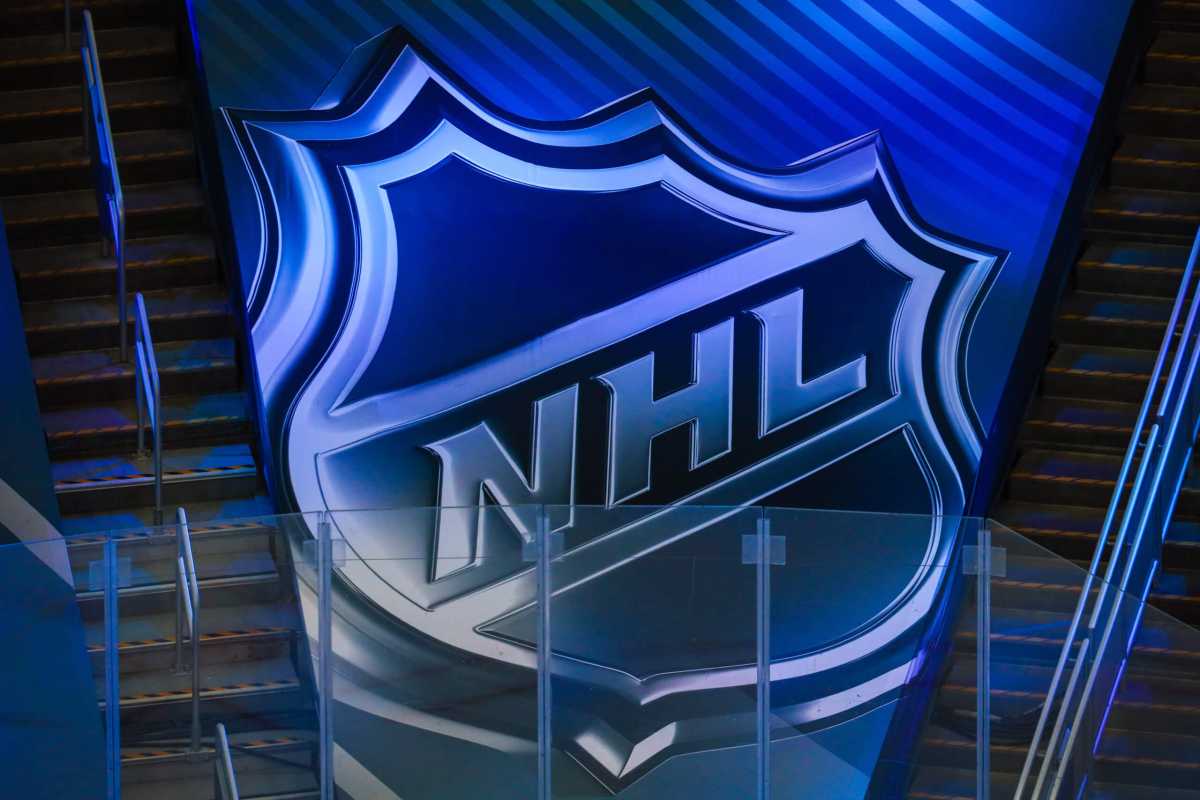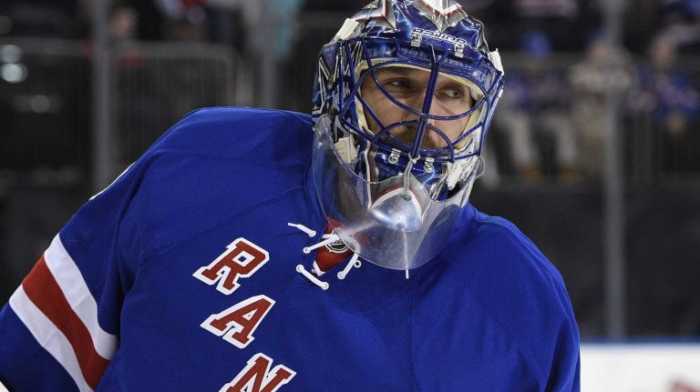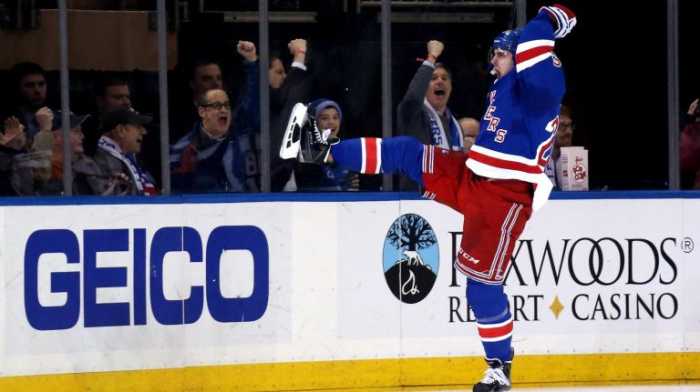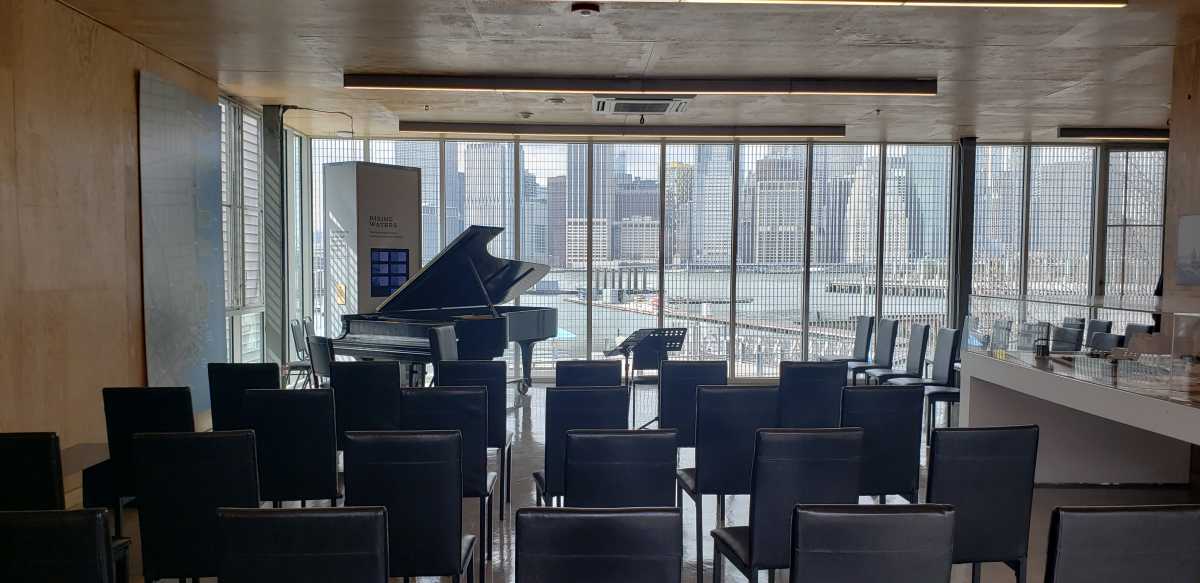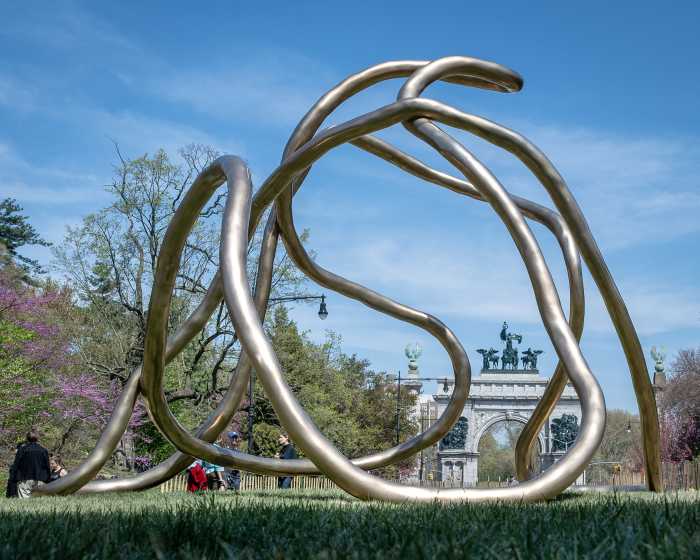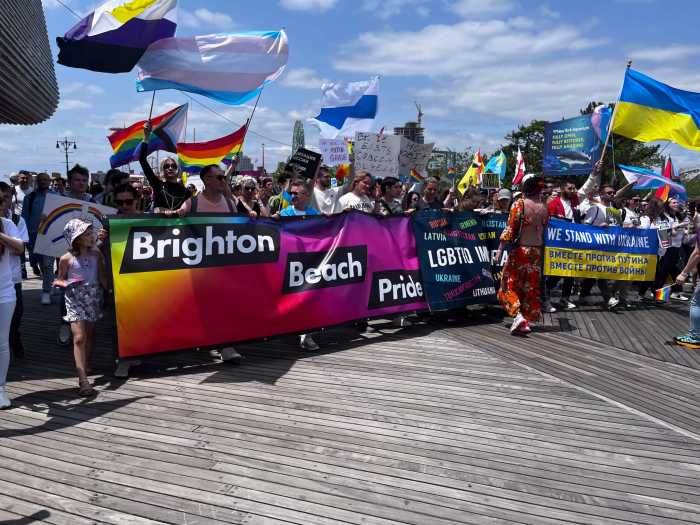This upcoming week is suddenly paramount for the NHL if they are truly hoping for a start to its 2021 season in mid-January.
Reports on Friday disclosed that the league is focused on a 52-to-56-game regular season starting just over four weeks from now — though there doesn’t seem to be a clear plan as to how that will happen.
As it stands, the NHL has a laundry list of tasks that still need to be addressed and completed before teams can get on the ice, but before any of that can happen, the league and the players’ association (NHLPA) have to find a way to arrive at a resolution of frustratingly stubborn negotiations.
The two parties are in a stalemate in talks centered around compensation. The NHL wants the players to defer an additional 16% of base compensation this season while raising the escrow cap to 25%. It’s too large an ask for the players, who came to an agreement on economic parameters just months earlier in talks to not only get the league to finish its 2019-20 season in the Toronto and Edmonton bubbles but in the subsequent four-year extension of the Collective Bargaining Agreement.
Late Saturday night, The Athletic’s Pierre LeBrun reported that while there was “some communication” between the league and the NHLPA, no major developments came down the wire.
There would have to be some significant developments for things to thaw enough between the two parties to agree on a return-to-play plan, economically speaking, within the week. But then an inordinate amount of housekeeping will also have to follow, making hopes of pulling all this off for a mid-January puck-drop seem so unlikely.
Conference and divisional layouts would have to be figured out and that 52-to-56-game schedule would then need to be created.
It’s unlikely that we will see hockey in a bubble again, but travel restrictions handed down by the Canadian government amid a second spike of the coronavirus pandemic could see the league make geographically-derived divisions and schedules similar to what was seen in Major League Baseball during the 2020 season.
While the league figures out its schedule, and health-and-safety protocols, players would need to hastily prepare for the season. Those residing or training away from their home cities would have to quarantine for up to two weeks, which would take up a considerable chunk of remaining time before that hopeful mid-January start.
A rushed training camp and possible exhibition season would then await, increasing the likelihood of injuries for players not getting enough time to build up for the daily grind of the regular season.
